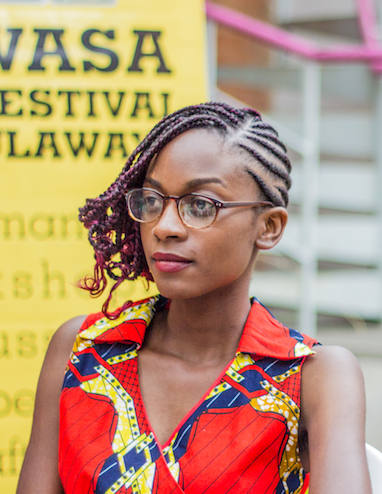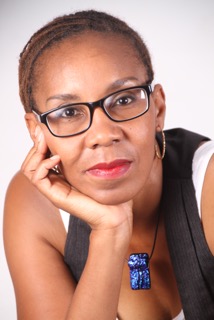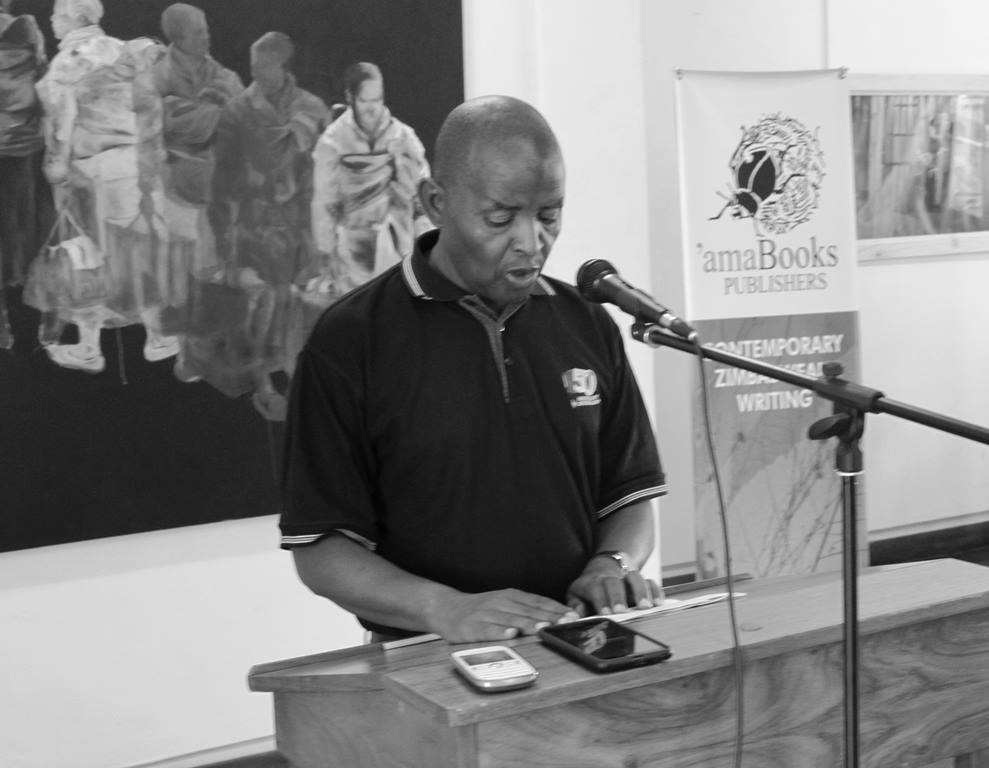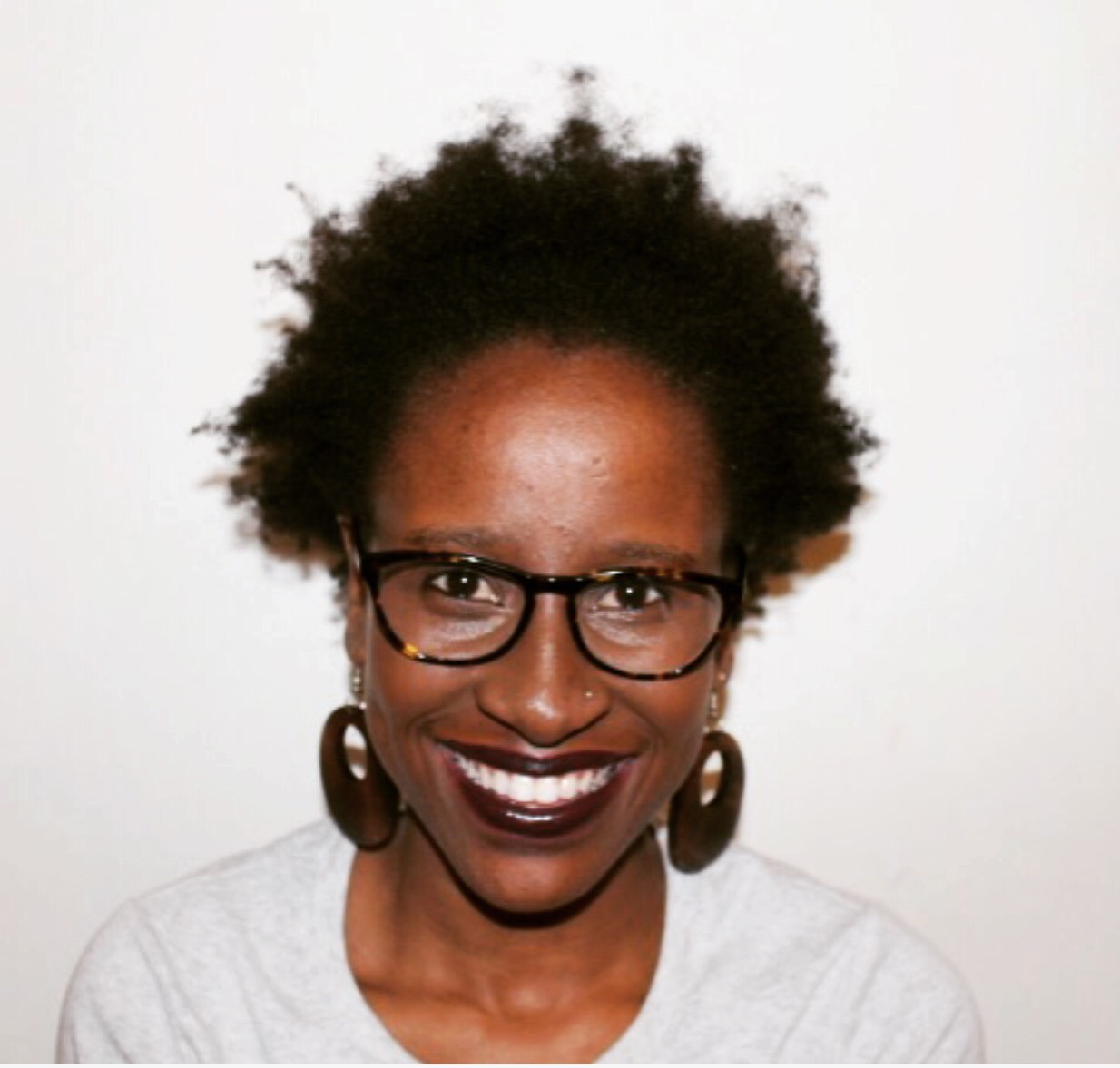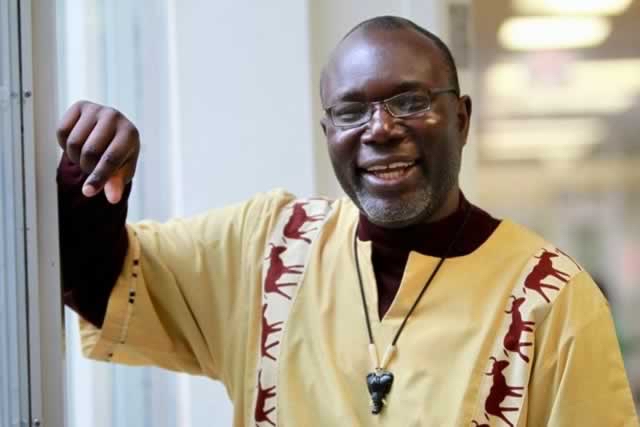.jpg)

Welsh writer and BBC TV presenter Owen Sheers has agreed to be guest speaker at the launch of Bryony Rheam’s novel This September Sun. The launch is planned for 19 November at the Bulawayo Club, which is mentioned in the novel.
Owen was born in Fiji, but was brought up and educated in Abergavenny in South Wales and at New College, Oxford. He has written two books of poetry, The Blue Book, which won the Forward Best First Collection prize and Skirrid Hill, which won a Somerset Maugham Award. His first novel, Resistance, published by Faber in 2008, was short-listed for the Writers Guild Best Book Award and has so far been translated into nine languages. Big Rich Films have optioned Resistance for Owen and Amit Gupta to adapt and Amit to direct. Owen’s most recent publication is a novella, White Ravens, a contemporary response to the Mabinogion myth.
Owen is best known in Zimbabwe for the semi-fictionalised account of the life of his great-great uncle, Arthur Shearly Cripps, maverick missionary to Southern Rhodesia. The incredible story of Cripps' African legacy, Owen’s travels in his footsteps and the volatile history of a nation are all told in a series of layered, interwoven narratives that distort the boundaries between biography and fiction. The Dust Diaries was short-listed for the Royal Society of Literature’s Ondaatje Prize and won the Welsh Book of the Year award. Owen has had close links with Bulawayo – he has a poem published in the ’amaBooks collection Short Writings from Bulawayo III, a short story in Long Time Coming: Short Writings from Zimbabwe and five poems in Intwasa Poetry. Owen also participated in the Intwasa Arts Festival koBulawayo 2006, where he first encountered Bryony Rheam’s writing.
Owen recently presented the BBC television series A Poet’s Guide to Britain. He also wrote the introduction to the accompanying anthology.





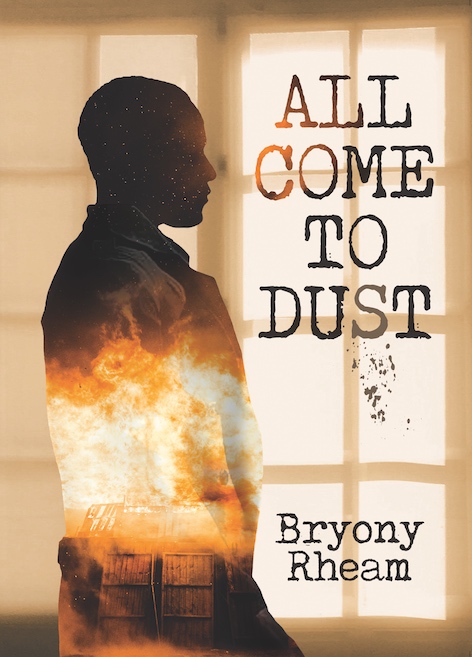
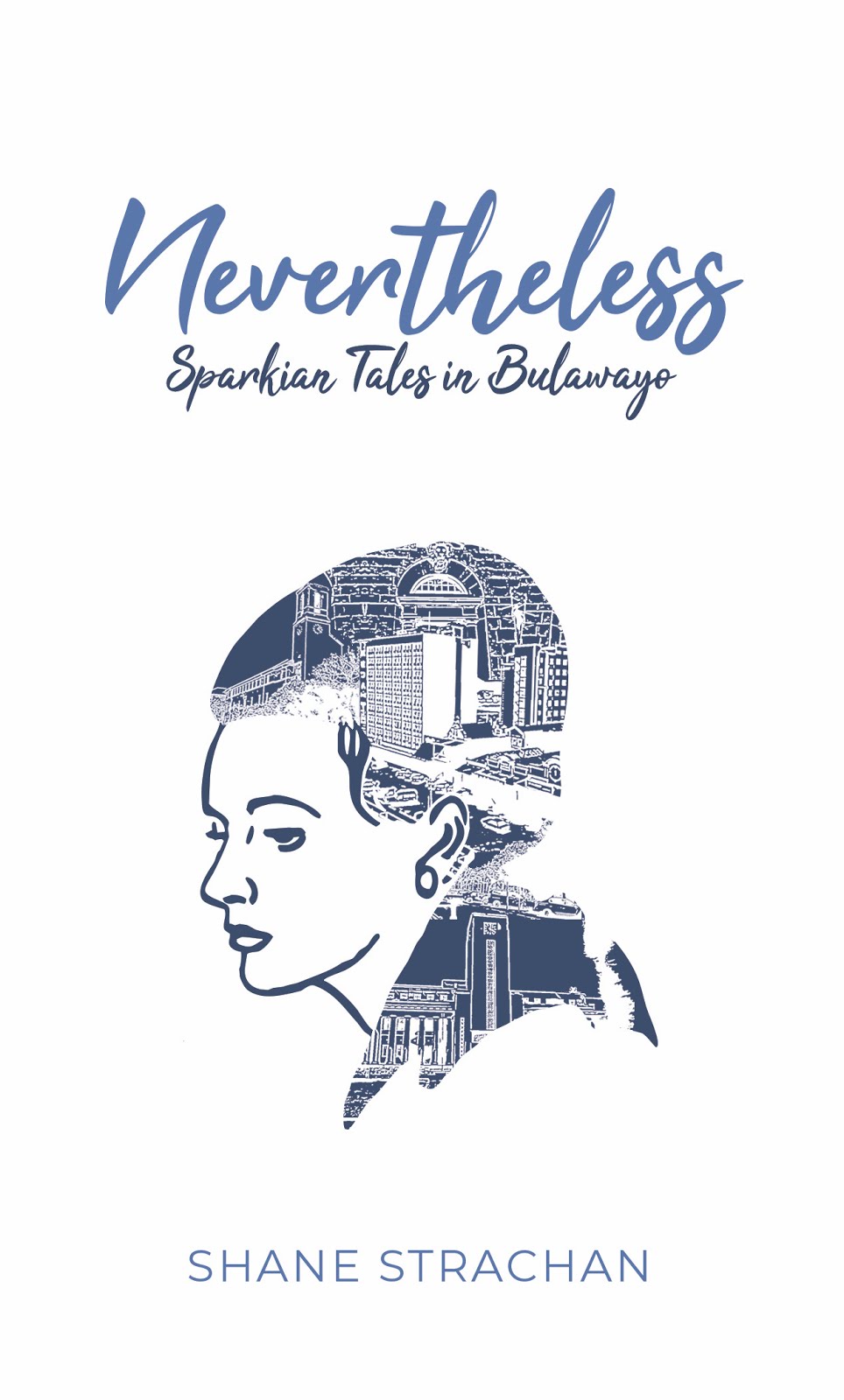





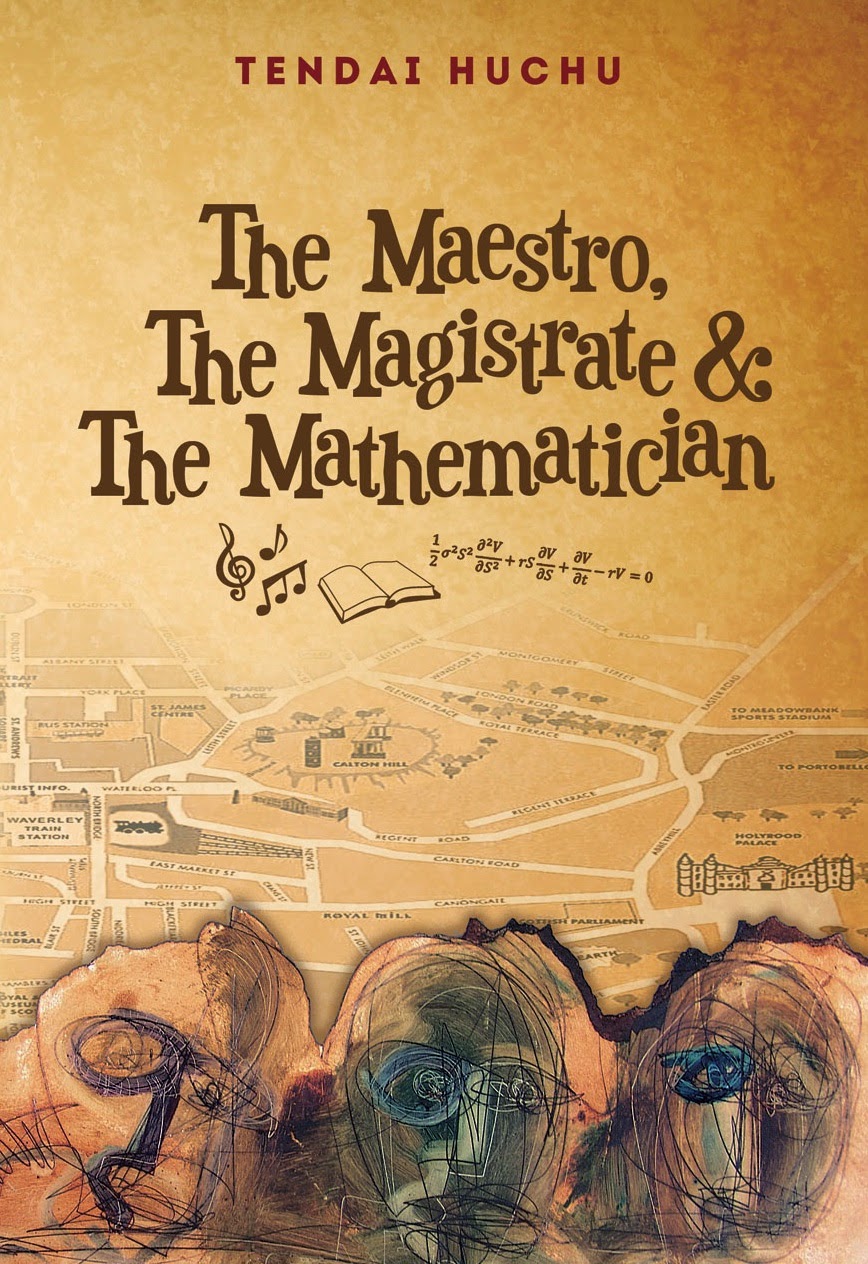
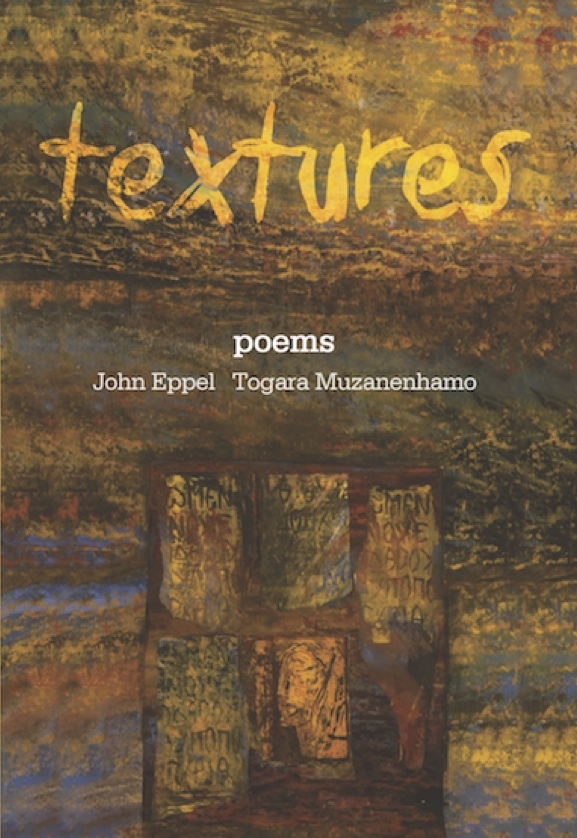
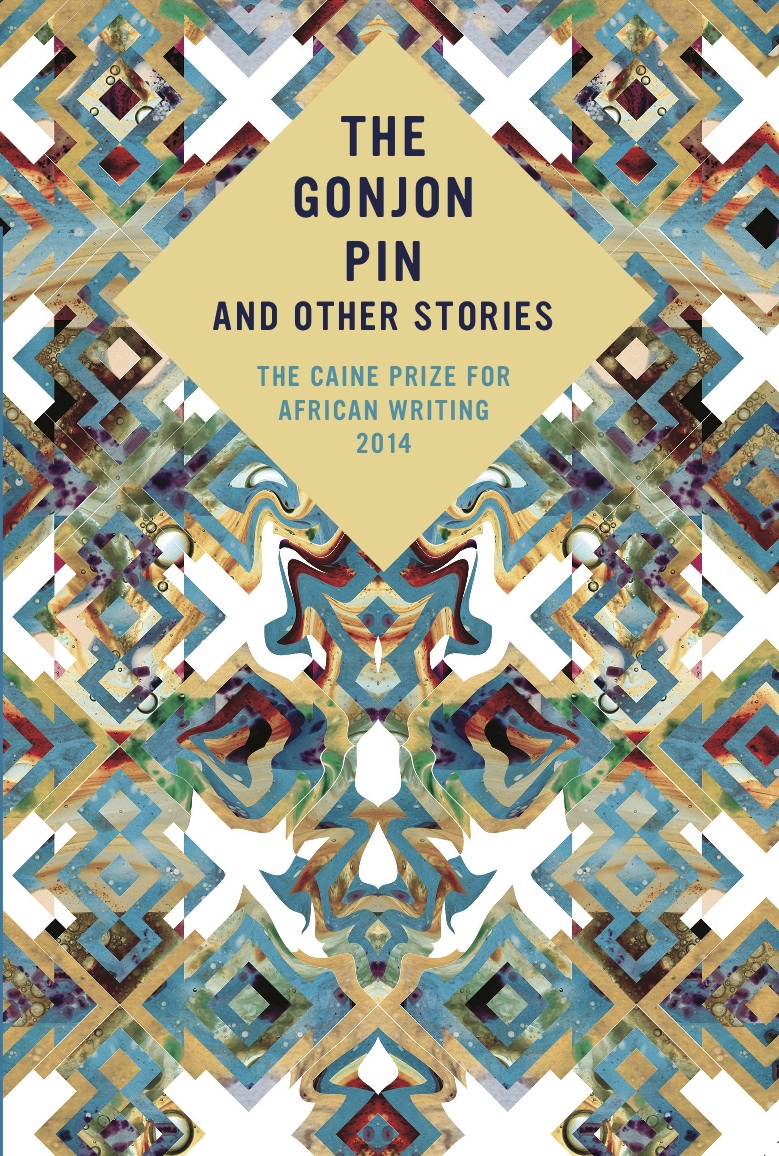
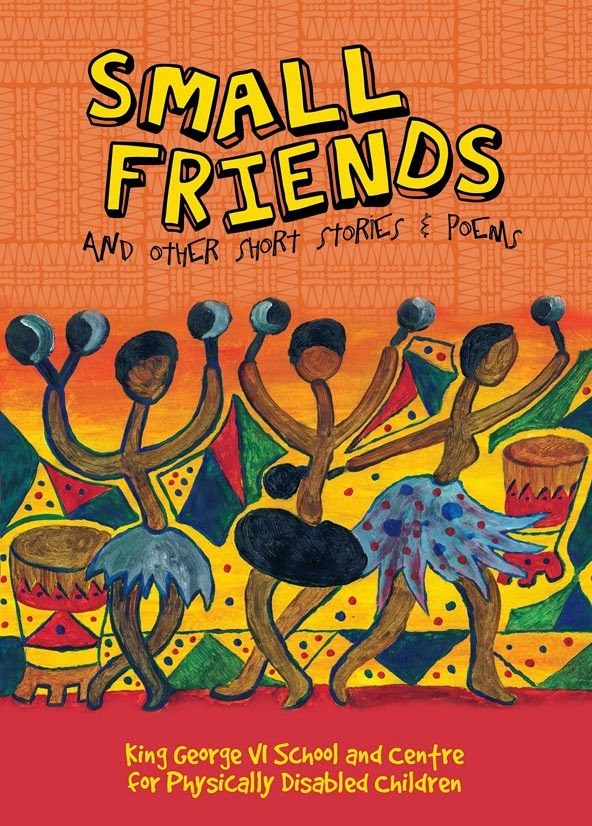
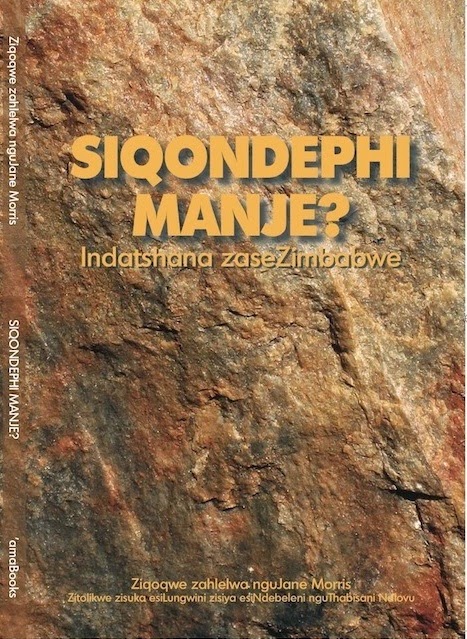
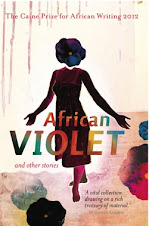

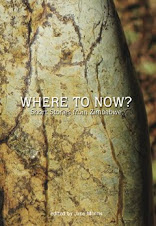
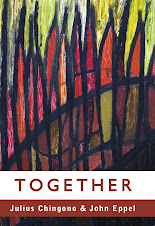
.jpg)

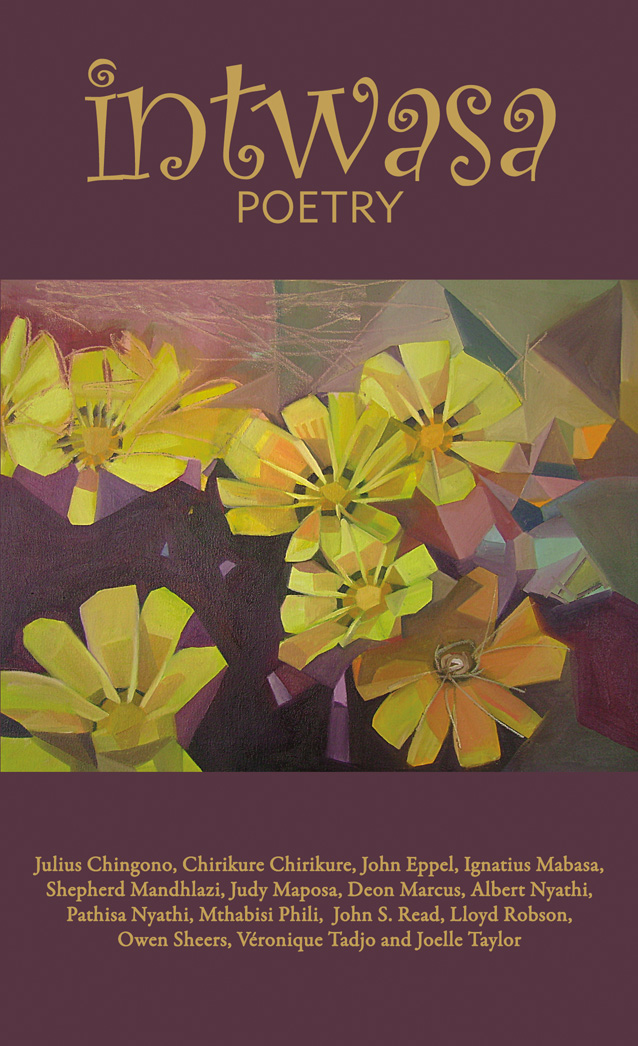


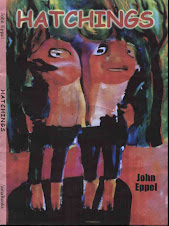













.jpg)

